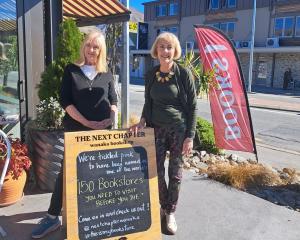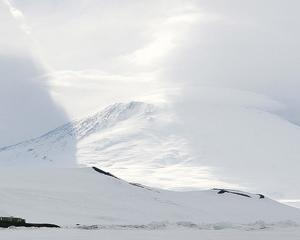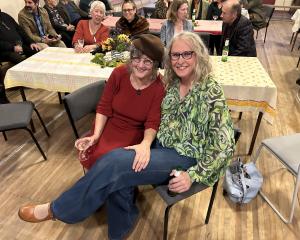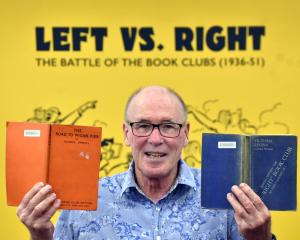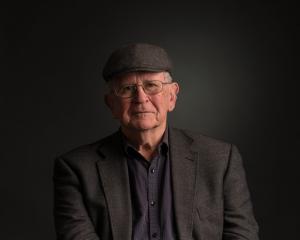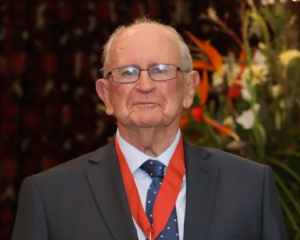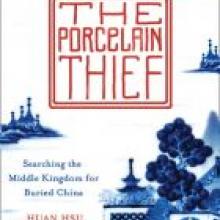
Journalist Huan Hsu, an American-born Chinese, hears a family story that when the Japanese invaded China in 1938, his great-great-grandfather had buried his large collection of porcelain in a pit in the garden of his estate.
Increasingly fascinated by the story but not able to speak much Mandarin, Hsu goes to work for his uncle at a Shanghai factory, aiming to learn the language well enough to interview members of his family who might know more about the ''hidden treasure''.
Shanghai is a culture shock: the Chinese, en masse, appear to be concerned only for themselves, road rules seem non-existent, and rubbish is ''someone else's problem''.
Furthermore he's sneered at by his American-born cousin, and treated as mostly unimportant by his uncle.
But gradually, as he gets to know the ageing members of his vast family, he discovers all manner of stories, of which the porcelain treasure trove is only one.
As an insight into life in China over the past 100 years this book is invaluable, though you often have to look past Hsu's negative view of the Chinese and their world.
To be fair, much of their behaviour and life is negative, but he has a penchant for reporting the worst.
However, his ability to detail the chaos and suffering of the Chinese people through history is excellent.
Perhaps even more fascinating are the family stories, with their journeys, sufferings, endurances and surprises.
This extensive family - and it's as difficult for us as readers to remember who's who as it is initially for Hsu - have often gone against the grain, been innovative, and remarkably generous to each other in times of great financial stress.
Once you begin to realise the finding of the porcelain may not be the most important thing in the book, you begin to relax and enjoy the stories and the history, and also Hsu's sojourn in Jingdezhen, still a great centre of porcelain production.
The book is perhaps too long - Hsu reports in considerable detail - but as a testament to the extraordinary way in which China has had to keep reinventing itself under successive conquerors and dictators, this is a book well worth reading.
• Mike Crowl is a Dunedin writer, musician and composer.

